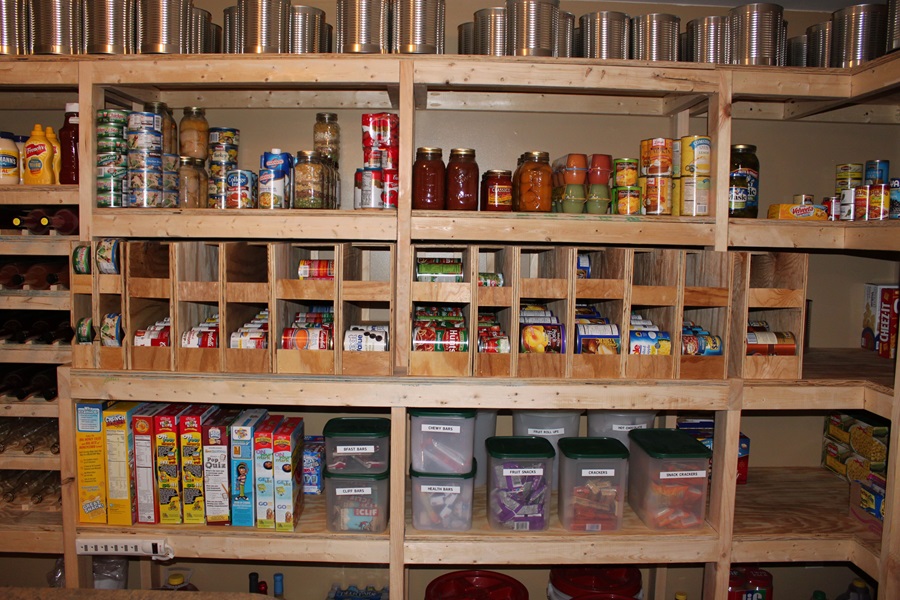Winter months are the exciting time of the year with ice skating, skiing, sledding, snowball fights, and other fun activities. However, you also have to deal with peeling paint, broken boilers, and mold growth. If you don’t pay attention, the winters can cause expensive damage to your home.
You can nip things in the bud by identifying the most common household problems during the winter months.
Contents
Peeling Paint

Peeling or cracking paint occurs when the surface hasn’t been primed or appropriately prepped. And once the paint starts cracking or peeling, it’s only a matter of time before moisture starts damaging your home.
To keep this from happening, make sure you have appropriate insulation, moisture barriers, and sufficient ventilation in your home. Doing this will help reduce the condensation. Moreover, you can also invest in paints specifically formulated for cold weather to ensure your walls don’t chip as the temperature drops.
Ice And Snow Build-Up On The Roof

Heavy snowfall can cause snow and ice to build upon the roof during the winter months. In addition, the weight of snow can damage your roof and destroy your shingles. These problems can lead to a whole new series of issues like mildew build-up in the attic, leaking roofs, leaks in the flashing of your windows, roof, and doors, damage to the gutters, and runoff when the snow melts.
To prevent all these things from happening, make sure you get your roof cleaned by professionals. Don’t clean it yourself, as you can damage the shingles if you don’t have proper tools.
Boiler Breakdown
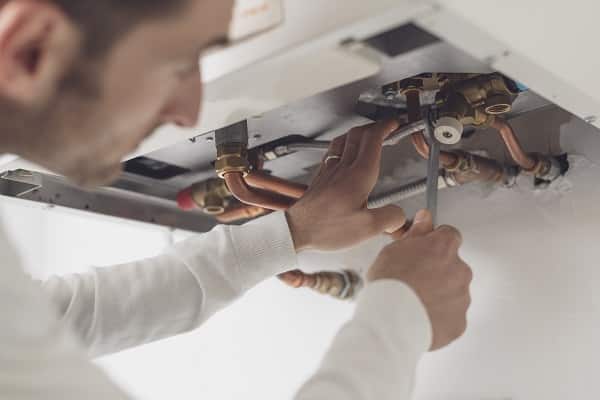
Another major issue faced by homeowners during the winter months is boiler breakdown. No matter how hard you try, the boiler will likely leave your side during the coldest part of the year. This may cause by loss of pressure, worn-out igniter burn, or a faulty pipe. You can notice such breakdown by constant leaks, loud noise or boiler not working correctly.
If you’re experiencing any of such signs, it’s best to consult a professional to start the repairing process. Avoid solving the problem on your own, as you may potentially put yourself and your property at risk by doing so.
Frozen Pipes
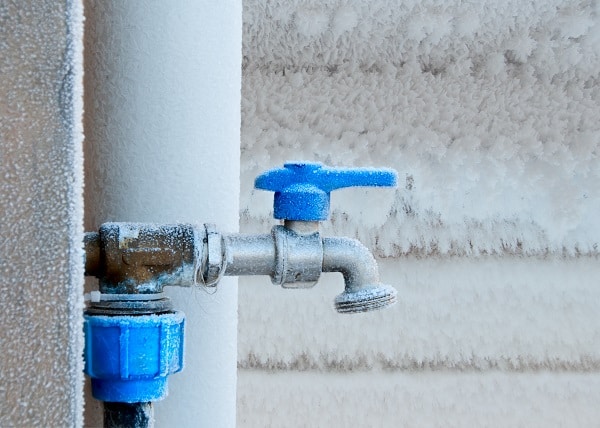
Winters may cause various problems to your plumbing, and most of them can come from frozen pipes. The most common problem includes not getting the proper water flow, leakage or breaks, and property damage. You’ll notice frozen pipes by restricted water flows and frost under the sink.
If your pipes are frozen, make sure you take care of them as soon as possible before they burst and cause more damage.
Mold Growth

While it’s not very pleasant, but is very common, particularly in older homes where ventilation is not proper, you may spot mold growth in areas like the bathroom, kitchen, windows, attic, or wardrobe.
To fix the problem:
- Keep moisture in your home under control.
- Ensure that the air circulation is good, and you can also invest in exhaust fans for the kitchen and bathrooms.
- Make sure you keep the windows open while cooking, taking a shower, or washing up. This will keep the air very fresh and prevent the build-up of mold.
Garage Doors Not Working Properly

Another typical problem homeowners face during the winter months is garage doors frozen to the ground, broken or contracting metals, and lubrication problems. The cold weather causes garage doors to function improperly. While problems like lubrication issues or contracting metal are inexpensive and straightforward to fix, broken springs and frozen garage doors are more complex and can cost you more.
If you see a broken spring, call a garage door professional to fix the problem for you. On the contrary, if the door froze to the ground, use salt water and rock salt to melt the ice. Avoid pressing the button again and again as you can tear the weather stripping.
Gutter Problems

Heavy downpours and cold weather can cause gutter problems too. To stay ahead of the problem, make sure you clean the downspouts and rain chains before the temperature gets cold. This will let the water flow without any obstacle, preventing freezing.
Damaged Doorframes

Your doors protect you from the cold weather, but when exposed to snow and other wintery conditions, your door frames can grow damp leading the wood to rot and inviting the termites during the springtime. If the damaged area is extensive, it’s best to replace the entire doorframe.
Worn Out Deck

Your deck should withstand the elements, but it’s also not immune to weather damage. Winter weather accelerates the growth of mold and mildew and can cause discoloration of your deck if planters and debris are not cleared away before the winter months. However, make sure you remove the snow with a stiff broom or a plastic shovel to avoid scratching the deck boards. You can cover the deck with a tarp or apply water sealant to the deck before winter.
Cold Weather Damage To Siding

If you have vinyl siding, it is likely to contract and expand accordingly when the temperature fluctuates. Moreover, vinyl siding can become more brittle and vulnerable to cracks during the winter months. That’s why it’s crucial to keep your siding in check and solve the maintenance issues as quickly as you can.
Water Heater Failure
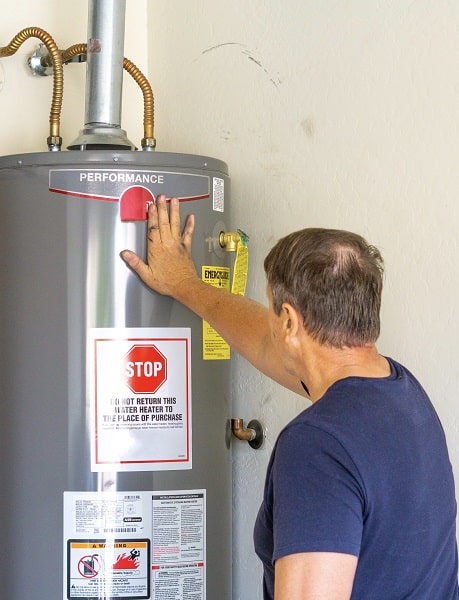
Who doesn’t love hot showers after a tiring or stressful day? During the winter months, you are likely to overuse your water heater for purposes like laundry, dishwashing, and everything else. This overuse can put stress on your water heater and may cause it to stop working eventually.
You can increase the efficiency of your water heater by getting it checked before the winter arrives. You can also insulate the water pipes so any heat isn’t lost in the process. Moreover, if your water heater is ten years old, you can upgrade to a tankless water heater system.
Sewer Floods Or Leaks
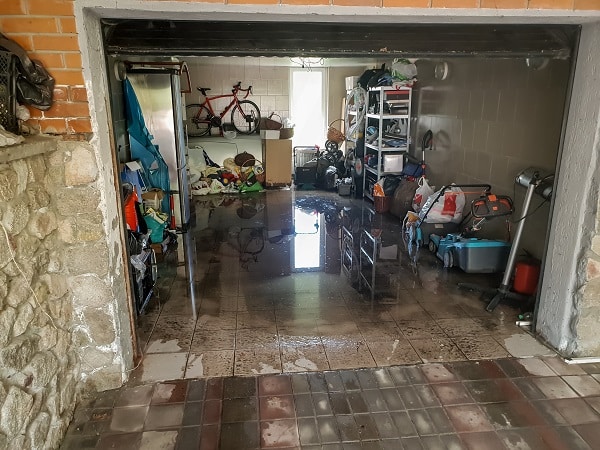
Septic tanks may leak, and sewer pumps may flood during the cold weather. It’s best to schedule septic tank and sump pump maintenance before the winter starts. Also, ensure that the sump pump is working efficiently. If your septic tank leaks, call the professionals immediately and don’t park or drive on that section of the property.
The Bottom Line
With the temperatures tumbling, you’re most likely to witness these common winter problems. But you can prepare your home for the coming season by checking up on the things mentioned in the post. Some of these problems are basic, but some may require professional attention. Hence, it’s advisable to get professional advice when you spot anything unusual.
